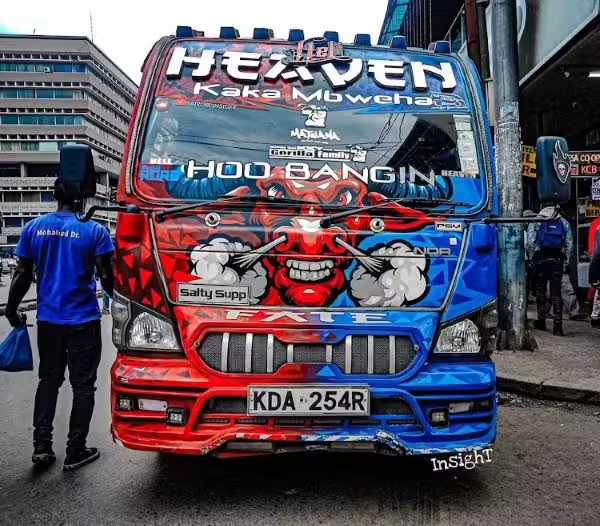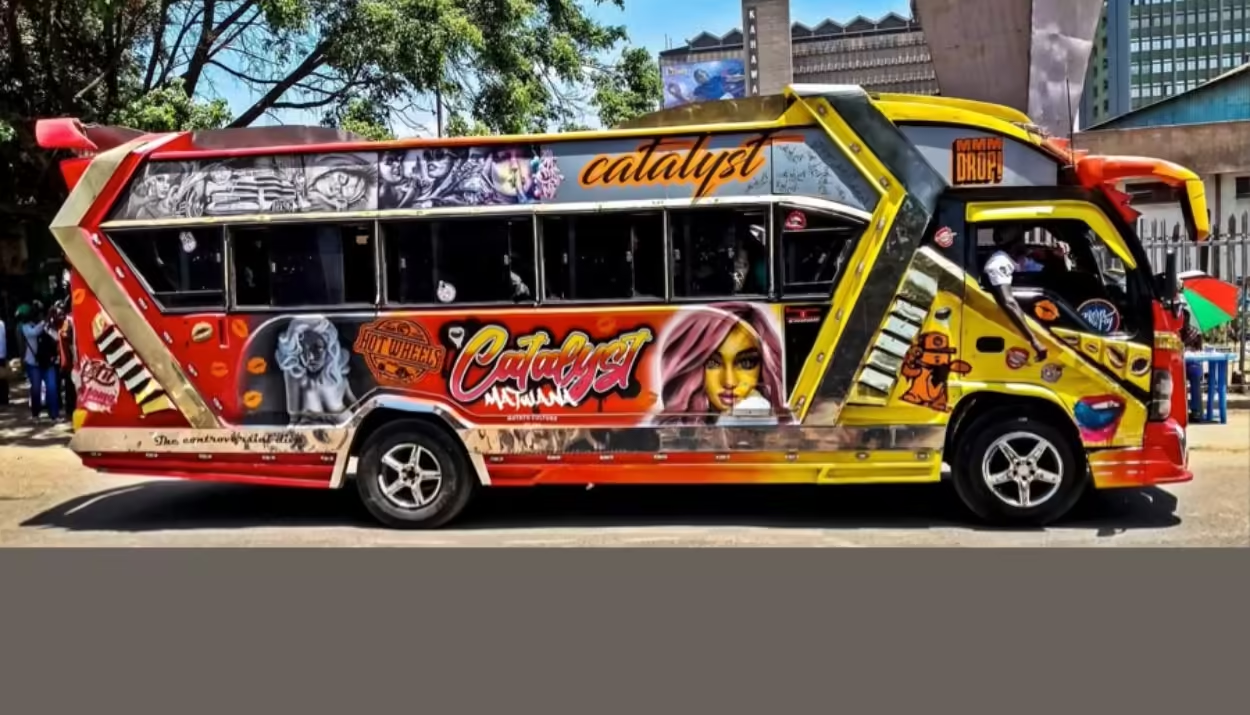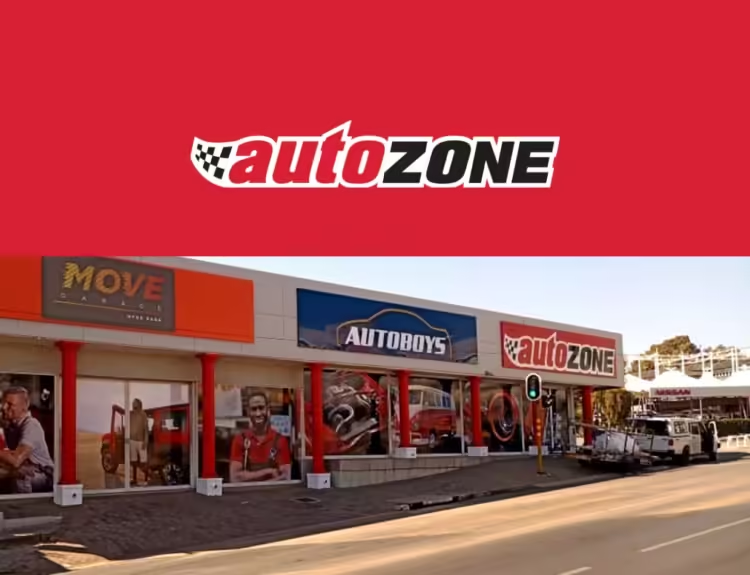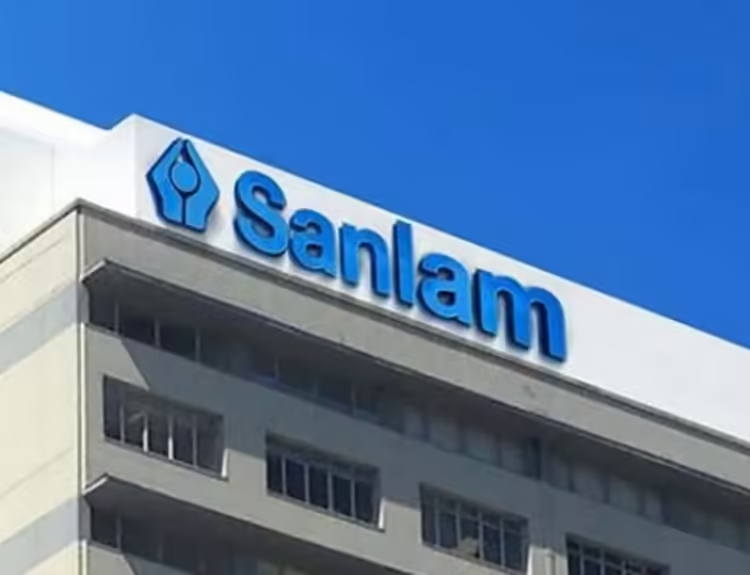Public transport business in Kenya, popularly referred to as matatu has gained attention as a potentially lucrative investment opportunity. For one, the country’s growing urban population has increased the demand for public transportation.
Matatus refer to public service vehicle that carry 14 to 60 people. According to Kenya National Bureau of Statistics (KNBS), the matatu industry generates over KES250 billion ($2 billion) in revenue with about 70 per cent of Kenyans relying on matatus.
The matatu business is not as clear cut as it seems, but with proper guidance, one can successfully invest in the industry.
A Sunday Nation interview of Simon Kimutai, former chairman of Matatu Owners Association (MOA) Kenya had him emphasizing that this is one of the riskiest business ventures.
However, with its risks, matatus are still one of the highest used mode of public transport in the country. What should one know before getting into this risky business?
Contents
Cost of buying the vehicle
The initial cost of buying the vehicles ranges from whether it’s a new vehicle, used vehicle imported from Japan or one that has already been used in Kenya.
The cost of 14-seater matatus that have already been used in Kenya can range from about KES800,000 ($6,240) to over KES2M ($15,600) depending on the state of the matatu. 14 seaters are normally the Toyota Hiace, Nissan NV350 or Nissan Caravan with modified seats.
A second hand 14-seater matatu, imported from Japan costs about KES 3M($23,350) while a 33-seater ranges from 5M ($3,646) upwards.
Branding and modifications
Kenyan matatus are highly known for their pimped and graffiti designs that attract customers. According to the matatu culture, a very pimped-up minibus with flashy lights, big screens and graffiti designs is highly preferred, especially by young Kenyans.
Different matatus have different branding. Some are branded attractively to attract more customers while others are branded according to Sacco’s requirements. To increase business, owners have to make the interiors pleasant and comfortable while making the exteriors attractive and enticing.
The matatu graffiti displays varies from movie titles and characters, religion, politics, or even local and international celebrities. Their interiors are fitted with well-spaced comfortable seats, spray painting, and car interior décor among others.
To penetrate this industry, you might also want to ensure you modify your matatu. Although pimping attracts more customers, it comes with extra charges.
For instance, basic 14-seater matatu seat covers can cost about KES 35,000 ($271) while a 33-seater will be approximately KES 82,000 ($636).
The paint job, graffiti designs and aesthetics range from KES 150,000 ($1,163) to 800,000 ($6,240) depending on the desired designs.
Additionally, matatus with great music systems, televisions sets and audio visuals also attract more customers. The cost of installing these systems can range from KES 200,000 ($1550) to 1.5M ($11.700).
Branding, pimping and the modifications significantly increases the cost of the vehicle but also, when done right attracts more customers.


Get reliable employees
A matatu business employs a driver and a conductor. As you are looking into the business, remember these two people will handle the money before it reaches your hand. Having a reliable team will dictate the business’ profitability and sustainability.
In this business, every owner pays their staff differently, but generally, the model is by commission. For instance, most are given a daily target of ranging from KSh3,000 – 10,000 ($24-$80) depending on the route and the size of matatu.
From the daily revenue collections, the crew covers running costs such as fuel/gas. Major service and mechanical repairs are however covered by the owner.
It is now up to them to drive enough trips to accomplish the target then pocket the rest of the money. Sometimes the crew can make a lot more money than the owner.
Have appropriate licenses and insurances
In order to get your matatu on the Kenyan roads, there are several insurances that one must have. For example, the National Transport and Safety Authority (NTSA) require you to apply for permits and licenses.
Every year NTSA will do a vehicle inspection before giving you a road service license (RSL). All drivers should also have valid drivers and PSV licenses and a certificate of good conduct issued by the Directorate of Criminal Investigations.
To operate in a particular route, you will need a permit from the county government averagely at Sh2,000 ($16) monthly. That’s why it is recommended to join the matatu Saccos.
Additionally, every matatu, just like other vehicles on Kenyan roads must have valid insurance policies that at least covers third parties in cases of accidents.
Matatu Saccos
Public service vehicles (PSVs) must belong to a Sacco to get licensed. Each and every Sacco has a specific route within the country.
The entry fee to a Sacco depends on the size of the vehicle, the Sacco and the route. The entry fee and can go from Kshs. 20,000 to 30,000 ($155-$233) annually. Some Sacco’s can charge up to Kshs.100,000 ( $778) to be a member.
According to Matatu Organization Association Nairobi has over 20,000 public service vehicles. Additionally the Sacco’s are about 1000 across the country.
Challenges in the Industry
While looking to venture into this business, budget for regular vehicle servicing. Also, sometimes, dealing with traffic police in the country can involve unplanned expenditure. Kenya’s traffic police have a culture of harassing matatus for bribes and in certain routes there are set ‘taxes’ that the police collect from every matatu plying those routes.
If the matatu is in good condition, you will not go to the garage regularly. Find a reputable mechanic who is conversant with matatus to advise you. Also, note that a mechanic who deals with Toyota or Nissan matatus and those who deal with regular cars are different.
“Over and above the initial capital, you need at least Sh100, 000($778) to deal with any issues that may arise. Without an emergency fund your vehicle may be grounded before making you a single shilling,” says Saleh Ahmad, the co-founder of TelAviv Travelers, now called Arbab Ventures Limited.






